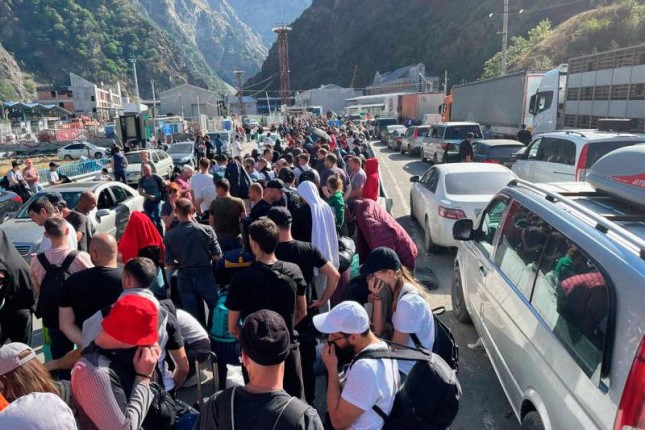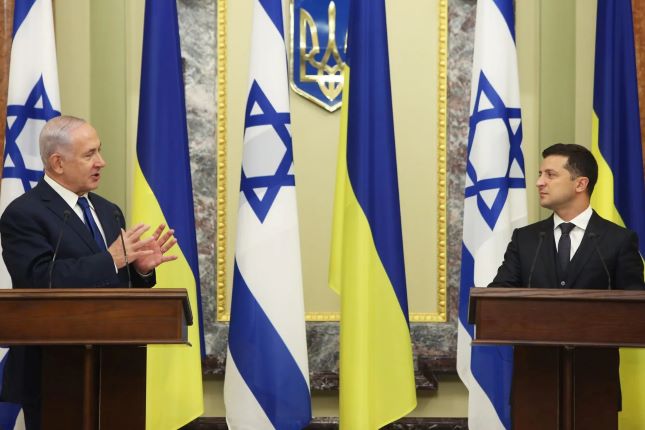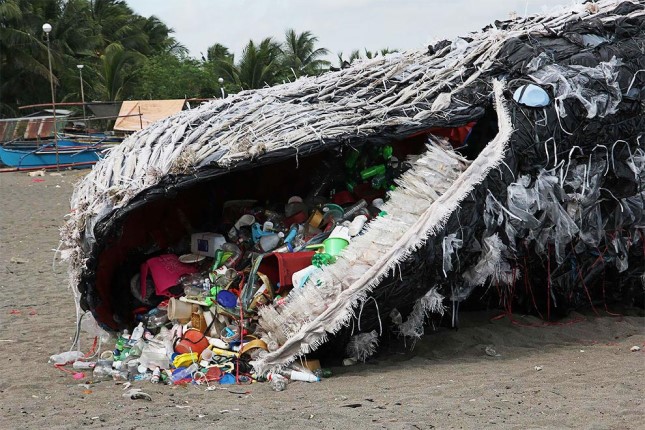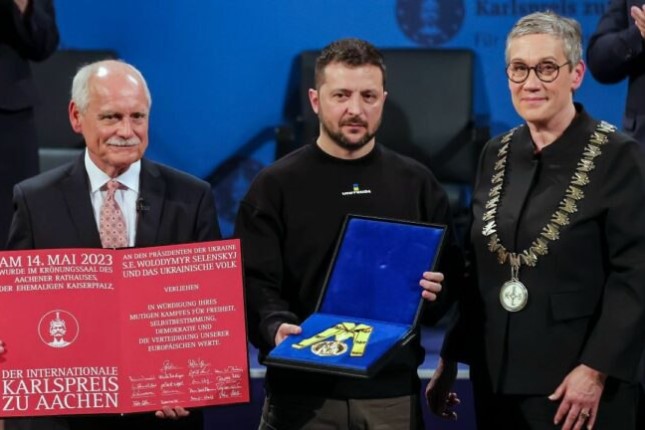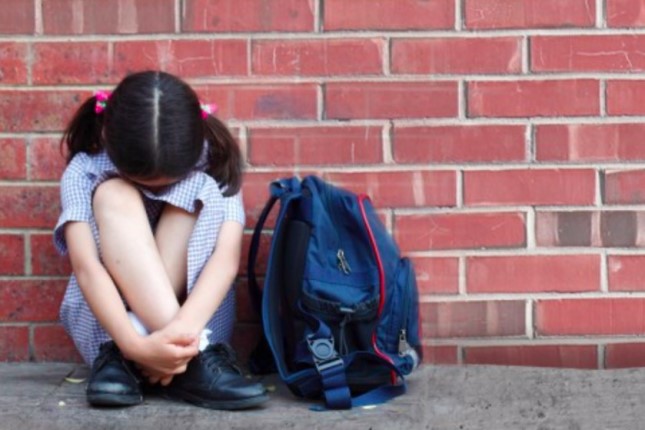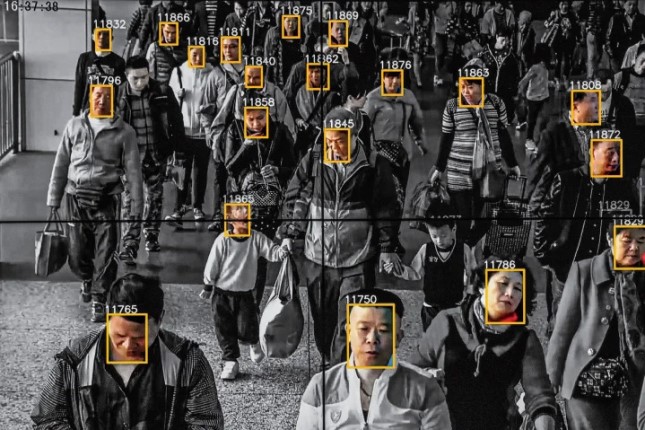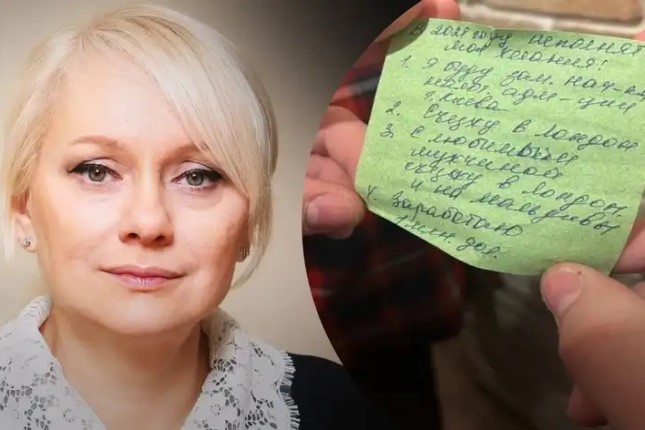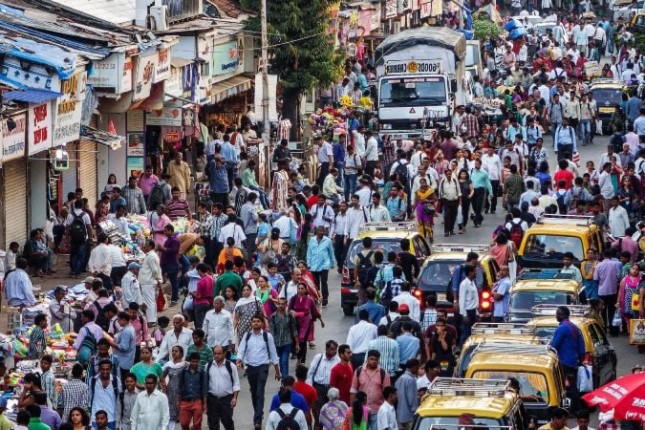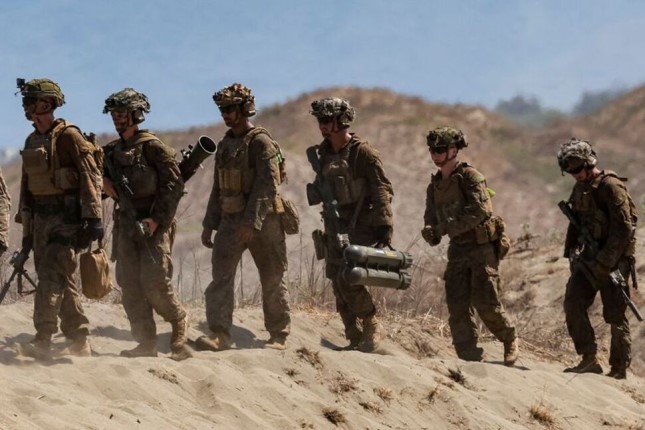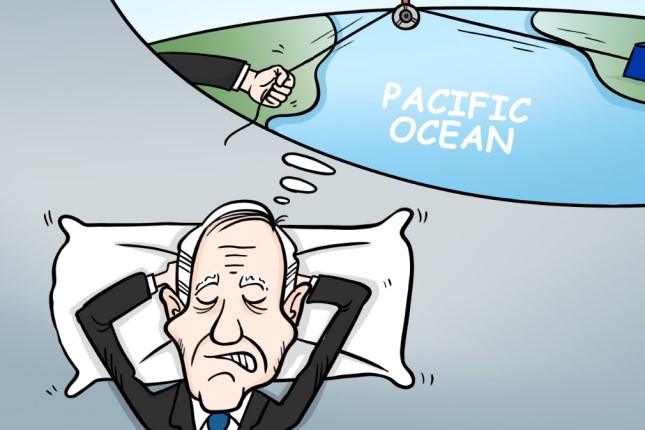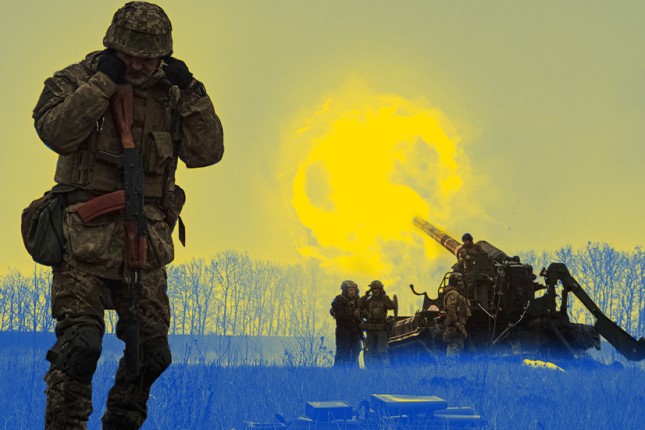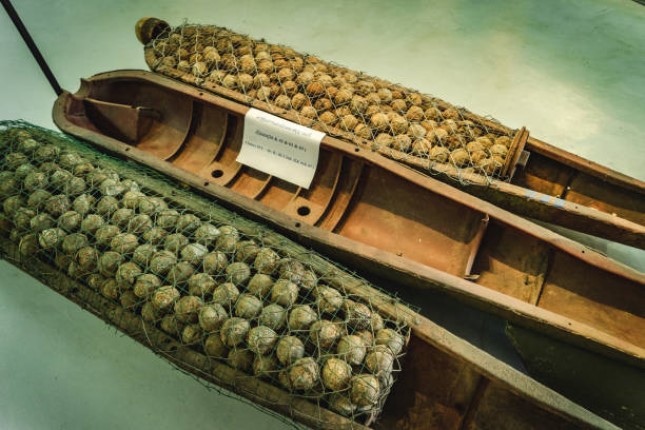You can talk as much as you like about pacifism and humanistic unwillingness to go to kill people; however, it is a natural fear of being killed or crippled, which is quickly revealed in these arguments. And this fear is very human.
The announcement of partial mobilisation in Russia has resulted in the departure of many healthy, educated, and highly successful adults, many of whom are husbands and fathers of families.
Some had enough opportunities and savings to prepare for emigration in advance. During the first months of the war in Ukraine, the most fearful and prudent left Russia, and the most generous took their families and even pets with them.
The Russians who have a second citizenship, a residency permit in another country, or the right to repatriate mainly to Israel have departed for their 'new' or 'historical' homelands. Thus, as of August 2022, more than 30,000 Jews and descendants of Jews from Russia and Ukraine have been repatriated to Israel since the start of the war.
Instead of repatriation or full-fledged emigration, the rest of the fugitives have to be content with hasty evacuation "riding a suitcase" to the former USSR republics: Armenia, Kazakhstan, Georgia. These countries were top-rated among would-be deserters due to the land borders with Russia that can be crossed by car, motorcycle, bicycle or even scooter.
Social networks mocked the fugitives crossing the border via Verkhny Lars checkpoint in Georgia as "scooter emigration".
By the way, the crowds wishing to escape from the threat of partial mobilisation through a mountain pass to Georgia showed that fugitives are unprepared for further nomadic life.
Thousands of people had to stand in queues at the border for several days. People who did not take sleeping bags, gas stoves and food supplies, or, often, even a change of clothes, were freezing and starving. Compassionate Russian women, both married and single, immediately threw a call on social networks with pleas to the locals and long-term emigrants in Georgia to bring food, water and warm clothes to the checkpoint.
In general, this deserter emigration, ironically, played into the hands of feminists, proving they were right. A lot of men who fled Russia and from their families, in fact, now live on donations (or "donates"). Packing their backpacks, they did not have a moment to think about how they would earn a living in Kazakhstan, Armenia, Georgia or Kyrgyzstan, Tajikistan and Uzbekistan.
An anecdote immediately appeared on social networks about indignant taxi passengers in Dushanbe writing complaints about Russian migrant taxi drivers who do not know the city. Until recently, Moscow and St. Petersburg locals wrote similar complaints about Tajik taxi drivers without any jokes.
Most of the economic burden of supporting Russian fleet-footed pacifists fell on women: wives, mothers, sisters, lovers, girlfriends, and simply compassionate volunteers. Women are left to help the children, grandparents and pets.
A striking phenomenon that proves the compassion of Russian women: immediately after the announcement of partial mobilisation, dozens of spontaneous fundraising campaigns were organised on social networks for air tickets to men who were "escaping" from it.
Ladies gathered to help escape not only to their partners, relatives or friends but often to people they did not know personally. Now and then, the slogan "Take care of men" was heard, which made it even more evident that in Russian society, their value is recognised as higher than that of women
How do spontaneous emigrants settle in a new place?
Travel blogger Anton Lyadov and his team "The People" filmed a report from Kazakhstan about the so-called "House of the Travelers Against Their Will", opened by Russian escaping pacifists.
In fact, this "House" and others of the same kind are unofficial rooming houses, to which the Kazakh authorities turn a blind eye for the time being. For a small rented apartment, the fugitives pay a handful of "donations", which are transferred to them in one way or another by relatives and voluntary donors - local or Russian. There is a minimum of furniture in the apartment, and men sleep in sleeping bags on ground pads. Food and hygiene products are also bought together.
Those whose profession implies the possibility of "remote work" do not have a legal job in Kazakhstan, and there is no medical insurance either. Moreover, there is an ever-growing risk of service termination for Russian cards.
Thus, according to Forbes, almost simultaneously with the announcement of partial mobilisation, Kazakhstan's Halyk Bank suspended the acceptance of Mir cards since the US Treasury announced its readiness to impose sanctions against a credit institution for supporting the use of the Russian payment system.
Neither Kazakhstan nor other states of the former CIS, where a stream of fugitives poured in, offers them any "refugee" programs. The authorities of these countries naturally do not perceive such people as refugees. For them, crowds of unemployed healthy men of military age, with no money, no access to medical care and no families, are a potential threat to internal security and social stability, in other words – a real "headache".
A lot of potential deserters fled to Belarus. Still, this direction, despite its relative ease of access, is not very popular with the fugitives. There are close ties between Russia and Belarus, and any far-sighted emigrants cannot but understand that they risk being deported. However, those who sleep on ground pads in Astana, Yerevan or Bishkek also have such a risk: it is possible that the local authorities themselves will want to get rid of unemployed migrants or the Russian authorities will "kindly ask" them to do so.
A Russian can legally stay on the territory of Kazakhstan without a visa for up to 90 days, and in Armenia − up to 180 days, approximately the same periods in other countries of the former CIS. It is unclear what unfortunate Russian travellers will do when these deadlines expire. Most likely, they will have to travel outside the asylum country and return to it again, which also costs money. Or turn into lawbreakers and desirable prey for local corrupt law enforcement officers.
In the Russian Federation, partial mobilisation has been declared complete. Still, there is no guarantee that it will not be announced again, and it is difficult and risky to leave and return to the ground pad in a rented studio.
The hard fate of illegal immigrants may await the Russians in Kazakhstan and Central Asia − and they will irritate the Astana, Tashkent, Dushanbe or Bishkek residents in the same way that Kazakh, Uzbek, Tajik or Kyrgyz migrants annoyed them until recently. Moreover, "fugitives and deserters" in traditional masculine societies are often viewed with undisguised contempt.
However, the financial troubles of the fugitives and "public contempt" can add to much more serious problems. In the Central Asian and South Caucasian capitals, irritation with the "guests" from Russia is growing.
On the one hand, many people brought money, which became a large-scale injection into local economies.
On the other hand, the cost of renting any apartment has leapt multi-fold. Landlords suddenly evicted local tenants who had lived in them for years to rent it out to Russians at exorbitant prices. And many locals cannot find available apartments they can afford. The problem has also affected tens of thousands of students who are now unable to rent their housing.
As a result, a rather severe social tension has arisen, which, in the conditions of growing nationalist sentiments and religious extremism, especially in Central Asia, can lead to riots or ethnic conflicts, which have become not unusual in these countries.
